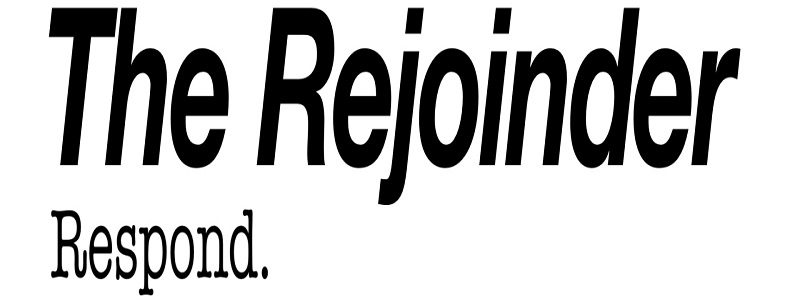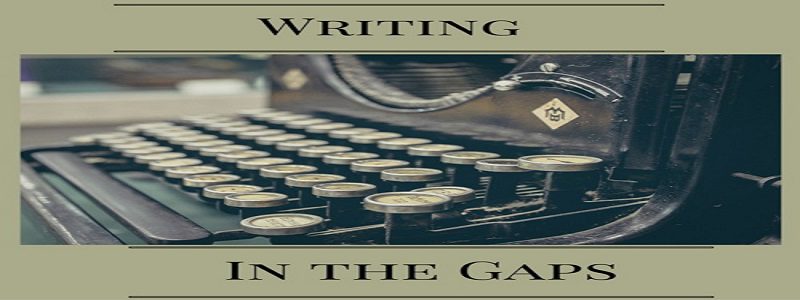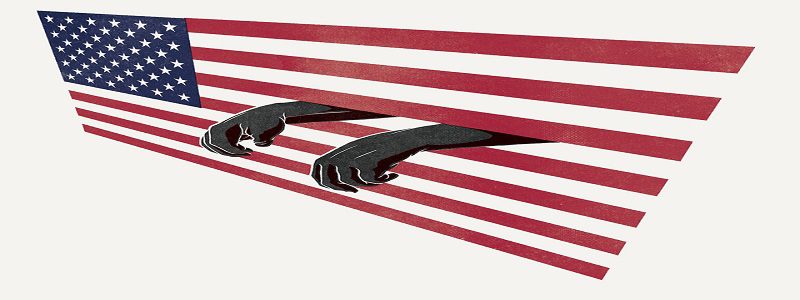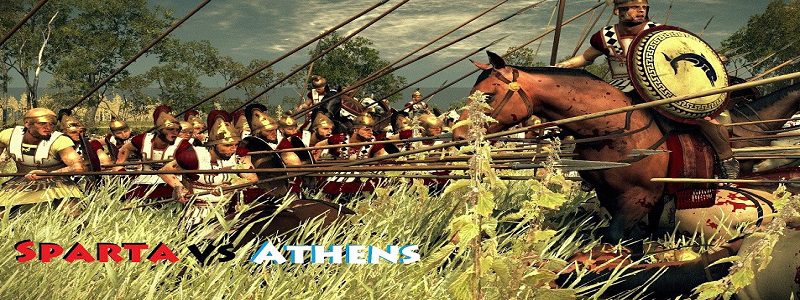Respondent & Rejoinder: Research Paper Presentations with a Critical Component
A justly popular way to cap a research paper unit is to have students present their discoveries and their arguments to their peers. Some of our partner schools, though, have wanted to do more than offer students an opportunity to exercise and demonstrate their communication and presentation skills; so we have worked with them to incorporate a final critical component, modeled on an academic conference paper presentation, respondent comments, and rejoinder.
The Respondent and Rejoinder Activity complements and culminates the argumentation the students do in their extended research and writing project. Results so far have been salutary: students think harder when presenting, and use their research to engage in inquiry and argument that is social.
Persuasive Letter Writing and ‘Number the Stars’
This is an argument-based project on Lois Lowry’s 1989 young adult novel on the Nazi occupation of Denmark and its impact on a gentile and Jewish family of friends. It asks students to study the novel in relation to debatable issues related to the central motif of bravery in the book, and then has students write a persuasive letter from the protagonist, Annemarie Johansen, to her Jewish friend in exile, Ellen Rosen, answering a question that gets to the heart of the question that the book asks: does the young Annemarie act courageously, and if so how courageously?
The Refutation Gaps Activity
Overview
Templates can help students master the format, linguistic constructs, and conceptual structure of the more difficult aspects of argument writing. Refutation of counter-arguments certainly falls into the “difficult aspects” category. Through practice with the scaffolding device of the writing template, students can assimilate the formal aspects of written refutation so that they can cultivate the even more higher-order quality of thinking hard about why it is that the best counter-arguments against their position aren’t reasons to abandon their original position, even if they necessitate some concession and adjustment.
Is Mass Incarceration the Moral Equivalent of Slavery? Inquiring into and Arguing the Intersection of American Criminal Justice and Race History
Partner schools of Argument-Centered Education are taking up the issue of mass incarceration in the United States in their argument-centered social science and civics classrooms. Here’s how they’re doing it.
Overview
The United States – as President Barack Obama famously noted in a 2015 speech to the National Association for the Advancement of Colored People (the NAACP) – has 5% of the world’s population but about 25% of the world’s prisoners. The American prison population went from 300,000 in 1972 to 2.4 million in 2016, according to Amnesty International. What’s more, nearly 40% of the people in prison in this country are African-American, even though only 13% of Americans are black.
Athens vs. Sparta: An Argument-Based Project, with Documents, Debates, and Discussion
Overview
Ancient Greece is often considered the birthplace of Western Civilization. When we study the place and time of ancient Greece — in, for example, Humanities, World Studies, European History, Civics, or Government — we are studying seminal antecedents of the United States — social, cultural, educational, political. One angle in this content is to contrast the primary city-states, and Peloponnesian War antagonists, Athens and Sparta.
This multi-layered argument-based project has students study the two city-states through five domains of these comparable but contrasting societies: economy, education, government, military, and treatment of women & slaves. Students engage in close examination of primary and secondary documents, extensive written and oral discussion of the arguments in these documents, and Table Debates (with an argumentative writing component).






